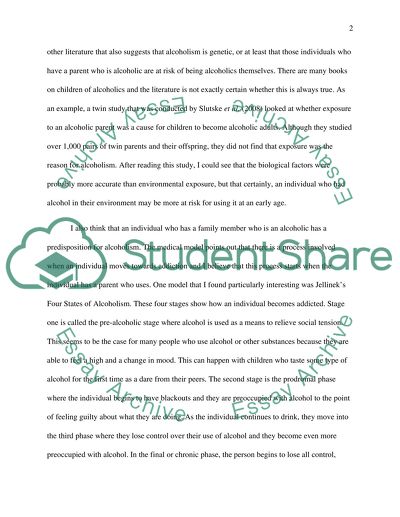Cite this document
(“Addiction as a Disease Essay Example | Topics and Well Written Essays - 1500 words”, n.d.)
Retrieved from https://studentshare.org/psychology/1424793-addiction-as-a-disease
Retrieved from https://studentshare.org/psychology/1424793-addiction-as-a-disease
(Addiction As a Disease Essay Example | Topics and Well Written Essays - 1500 Words)
https://studentshare.org/psychology/1424793-addiction-as-a-disease.
https://studentshare.org/psychology/1424793-addiction-as-a-disease.
“Addiction As a Disease Essay Example | Topics and Well Written Essays - 1500 Words”, n.d. https://studentshare.org/psychology/1424793-addiction-as-a-disease.


